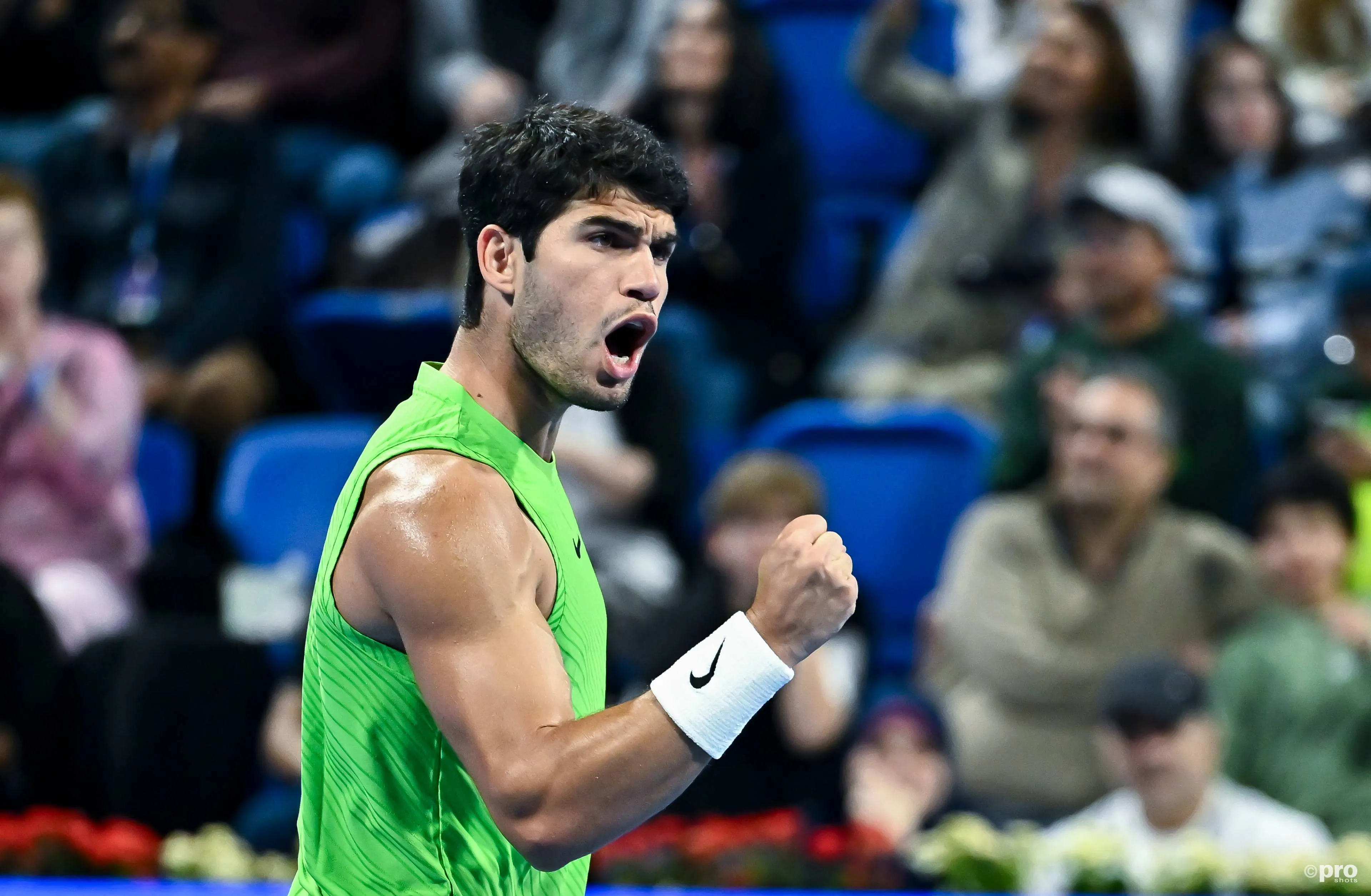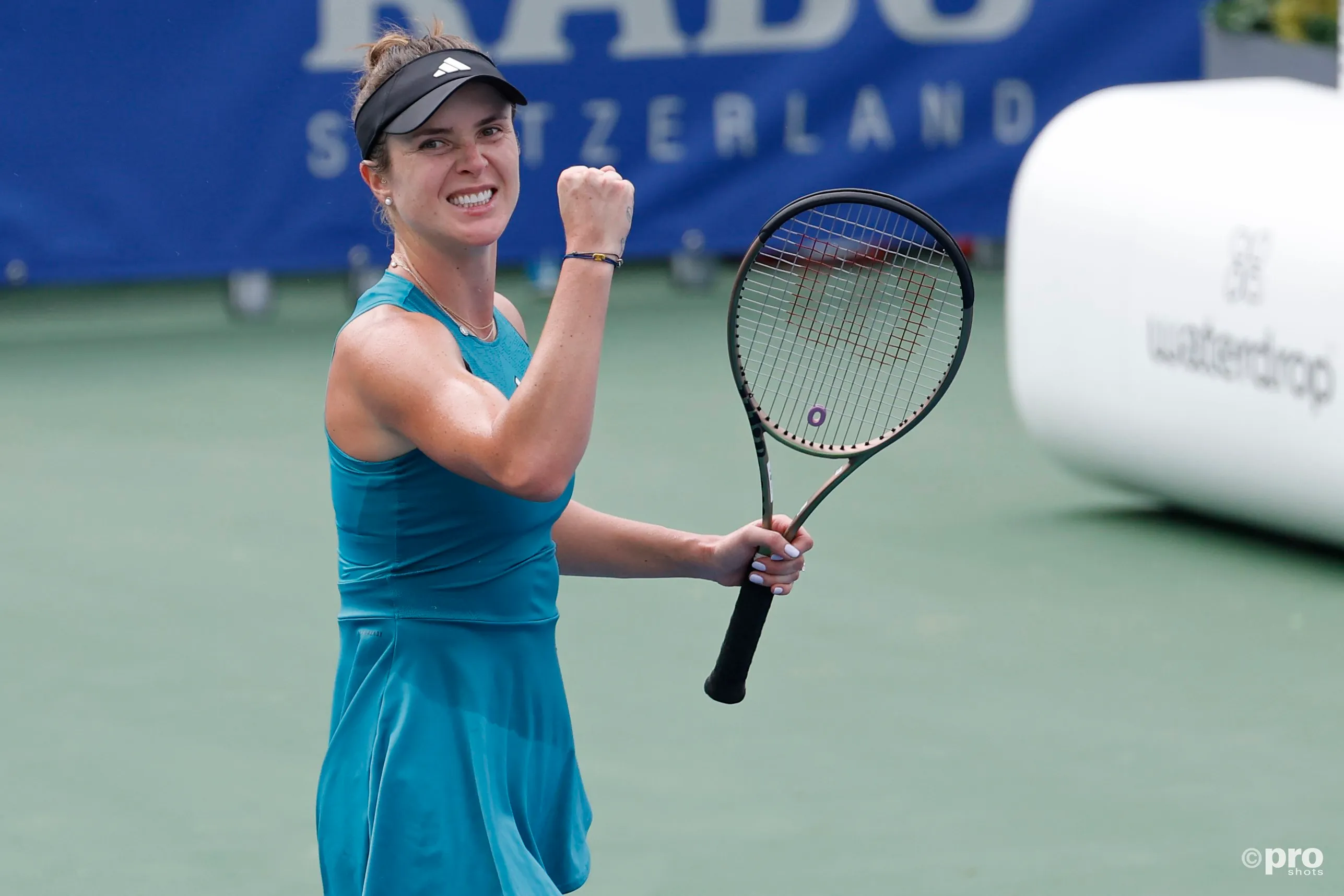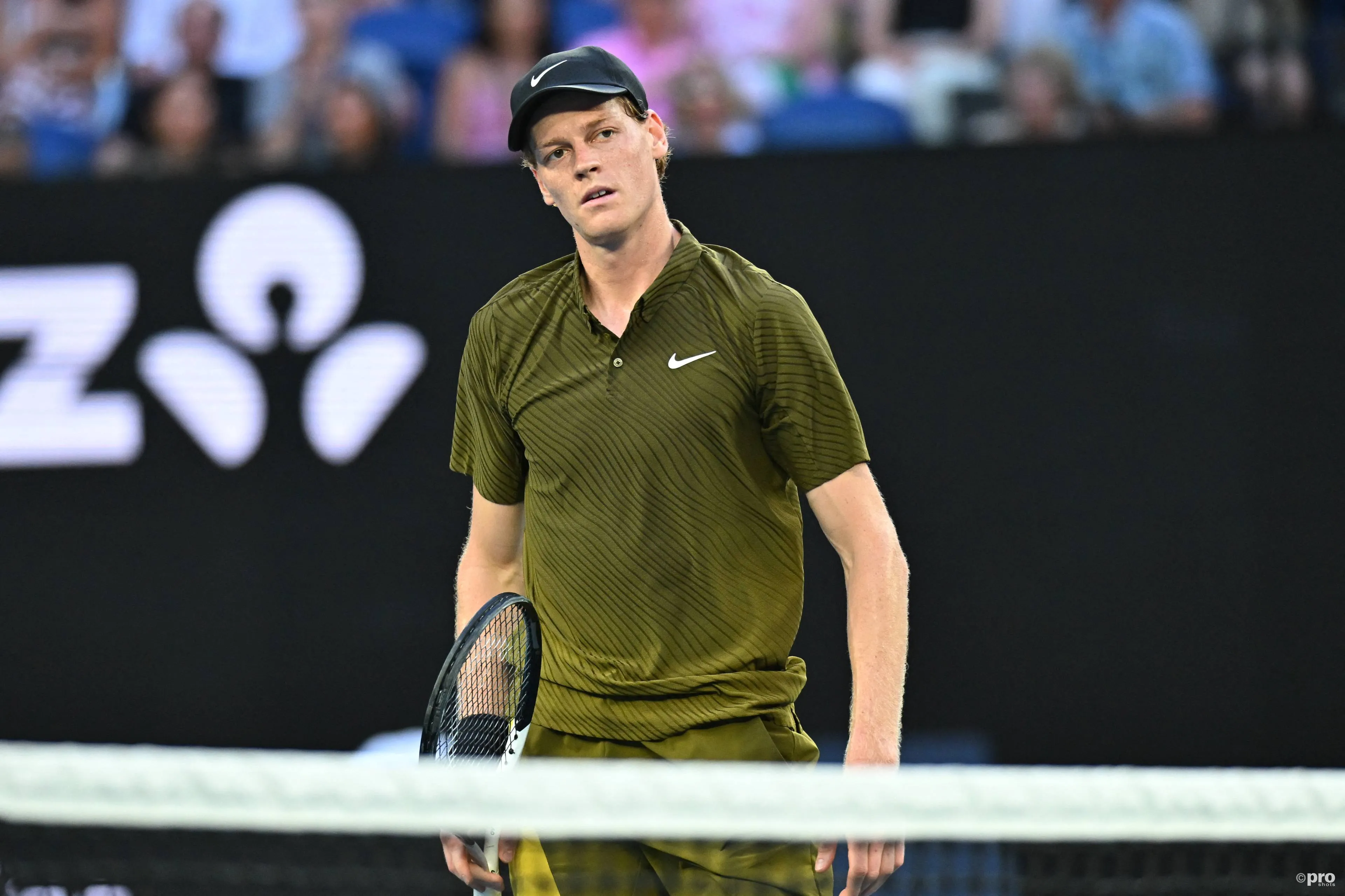Match Fixing
Match Fixing in Tennis: An Unseen Threat to the Sport
Match fixing in tennis is an ongoing issue that has been plaguing the sport for years. It’s a clandestine operation where the outcome of a match is manipulated, often for gambling purposes or to ensure a certain team’s advancement. This problem was first reported by The Sunday Telegraph in 2003, and since then, numerous incidents have come to light, tarnishing the reputation of the sport.
Understanding Match Fixing
In response to the growing concern over match fixing, the Tennis Integrity Unit was established in 2008. This organization is dedicated to investigating and combatting corruption in tennis. Despite these efforts, match fixing remains a significant issue in the sport.
Notable Cases of Match Fixing in Tennis
Daniel Köllerer
Daniel Köllerer, a former professional tennis player from Austria, was found guilty of several charges under the Uniform Tennis Anti-Corruption Programme. These charges include “contriving or attempting to contrive the outcome of an event” between October 2009 and July 2010.
The Tennis Integrity Unit (TIU) stated that Köllerer was found guilty of “contriving or attempting to contrive the outcome of an event; soliciting or facilitating a player not to use his best efforts in an event; and soliciting, offering or providing money, benefit or consideration to any other covered person with the intention of negatively influencing a player’s best effort in any event”.
As a result, he was banned for life from professional tennis and fined US$100,000 by the Tennis Integrity Unit in 2011. This ban was upheld by the Court of Arbitration for Sport in March 2012. However, the court overturned the fined amount as he had not benefited financially from any of the charges for which he had been found liable.
Karim Hossam
Karim Hossam, a former professional tennis player from Egypt, was found guilty of multiple match-fixing offenses. These offenses occurred between 2013 and 2017 at ITF Futures tournaments.
In June 2017, investigators from the Tennis Integrity Unit (TIU) suspected Karim of fixing matches. Over a series of interviews spanning six months, Hossam revealed that he had become part of one of the biggest match-fixing rings in tennis four years earlier.
Hossam was approached by a player he didn’t know well who asked him if he wanted to lose a match for $1,000. After some consideration, Hossam decided to go ahead with it. He later admitted to the investigators, "I just wanted to try it because I never tried it… I thought this guy was actually like lying to me…".
As a result of these actions, Hossam was banned from tennis for life and fined $15,000 on July 3, 2018.
Issam Haitham Taweel
Issam Haitham Taweel, a professional tennis player from Egypt, was found guilty of match-fixing and other corruption offenses under the Tennis Anti-Corruption Program (TACP).
Taweel was found guilty of three charges:
1. Attempting to contrive the outcome of a match
2. Failing to report a corrupt approach
3. ailing to disclose knowledge of the corrupt activity of another party
These offenses were investigated by the Tennis Integrity Unit. As a result, Taweel was suspended for five years in August 2019. Until his sanction was determined, Taweel was provisionally suspended and prohibited from competing in or attending any event sanctioned or authorized by the governing bodies of tennis.
Marco Trungelliti unsung hero
Let's emphasize here that Marco Trungelitti, an Argentine professional tennis player, didn’t do anything wrong. In fact, he played a crucial role in exposing match-fixing in tennis.
Trungelliti was approached for match-fixing and was offered $100,000 to fix a match on the ATP Tour. However, instead of accepting the offer, Trungelliti reported the incident to the Tennis Integrity Unit. His actions led to an investigation that revealed his compatriots Nicolas Kicker, Patricio Heras, and Federico Coria were involved in match-fixing. This resulted in these players being banned.
Despite his courageous actions, Trungelliti faced backlash from some of his fellow professionals and was labeled a "snitch". He had to leave Buenos Aires due to the criticism he faced. However, the Tennis Integrity Unit later publicly supported him and commended his “courageous and principled stand against those who seek to corrupt” tennis. Djokovic, later said of Trungelliti that he was a brave man that stood up for the sport of tennis.
The Fight Against Match Fixing
Despite the challenges, efforts are being made to combat match fixing. The International Tennis Integrity Agency was established in 2021 as a further step to fight corruption in the sport. However, eradicating this issue requires continuous vigilance and stringent measures.
Match fixing not only undermines the integrity of tennis but also disrespects the hard work and dedication of countless athletes who play the sport fairly. As fans and supporters of tennis, it’s crucial that we stay informed about these issues and support initiatives aimed at preserving the integrity of our beloved sport.
News
Just In
Popular News
Latest Comments
- Eventually (as other sports have done) WTA will be forced to make DNA / Gender Testing mandatory in order to protect and promote fairness in competitions. End of so-called 'controversy'.
- It's sad... but Rybakina is not going to be able to endure her groomer's interference in Life and still excel to her best level. BTW: No media has reported her last sentence to the physio. They kept asking questions and she abruptly told them: "I know what it is; I'm ready to go now".
- You seem to have 'lost the plot' ??
- This needs to be done, and I think Jessica Pegula is an excellent choice for chair to look into the situation. However, a very brief look at the other members of the panel would suggest a very USA heavy contingent. The group needs to represent all interests, not just turn it into a way the US can screw more money out of an already biased calendar.
- The tennis world should be kissing her feet for taking-on this long needed position in a much needed council. The WTA and ATP need a good shaking-up. Pegula's business heritage is a proven one. Let's hope she and her colleagues can stop WTA & ATP from shutting their work down and out. GO GET 'EM !!
- So the Sportswasher's largest market is... the Filipino community? That's all well and good but the hundreds and hundreds of empty seats throughout is embarrassing. Talk about bad optics!
- The poor Head Sportswasher has been whining and crying in the media, and basically threatening Saba, Iga, etc. Must be a real Ego Buster when they dangle money and people (especially Women) say, 'No thanks'.
- "Losing-itis" is not uncommon in Emma's small world. Just keeps begging the question, 'What are sponsors paying for? Limited tennis appearances... or Social Selfie Media presence?'
- Dubai can suck it up like everyone else. Just because they think they run the show, they do not. Sportswashing does not give them Power.
- You're losing your mind here.. You use a lot of space, yet inadequate knowledge. Read the WTA Rule Book 2026; it answers all your questions and accusations.
Loading








